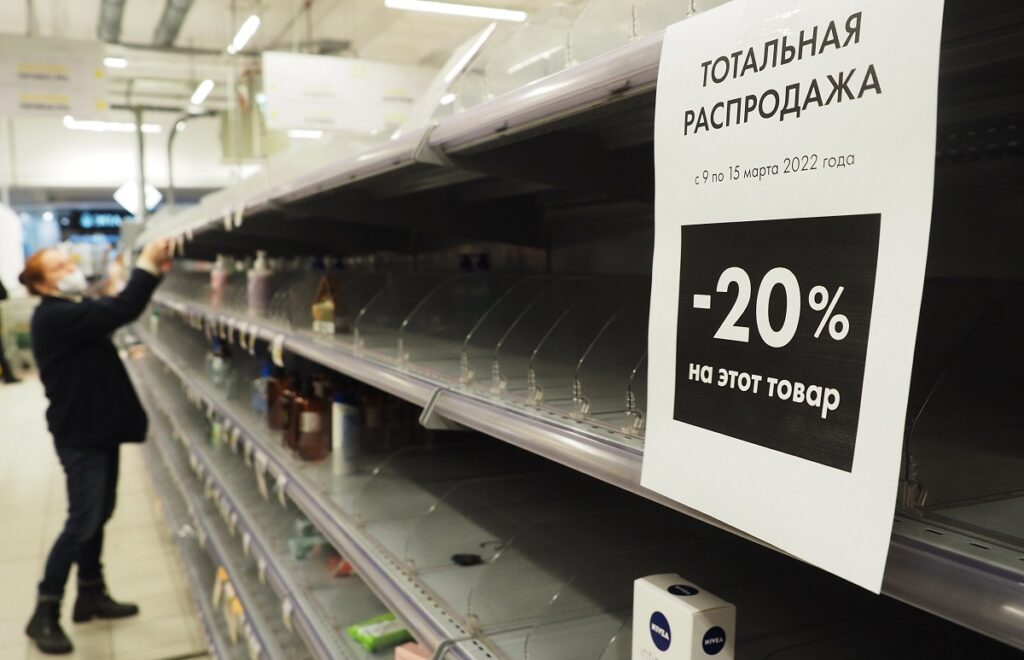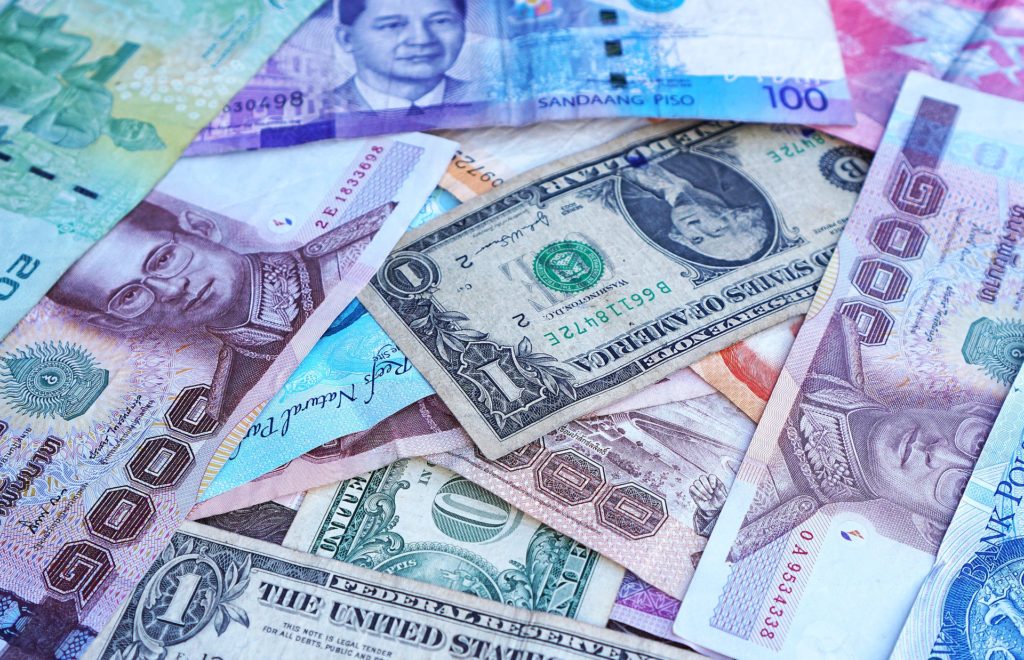The devastating long-term effects of sanctions against Russia
As Vladimir Putin launched his brutal invasion of Ukraine on February 24th, a US-led coalition of like-minded governments launched their own economic barrage of sanctions against the Russian state, its largest companies and some of its most prominent individuals. The sanctions have focused on crippling Russia’s finances and its ability to pay for the war in Ukraine, as well as severing its military-industrial complex from strategic components. They have put a prohibitive lock on key Russian economic sectors like high-tech, energy and tradeables.
April 25, 2022 - Kiril Kossev



































